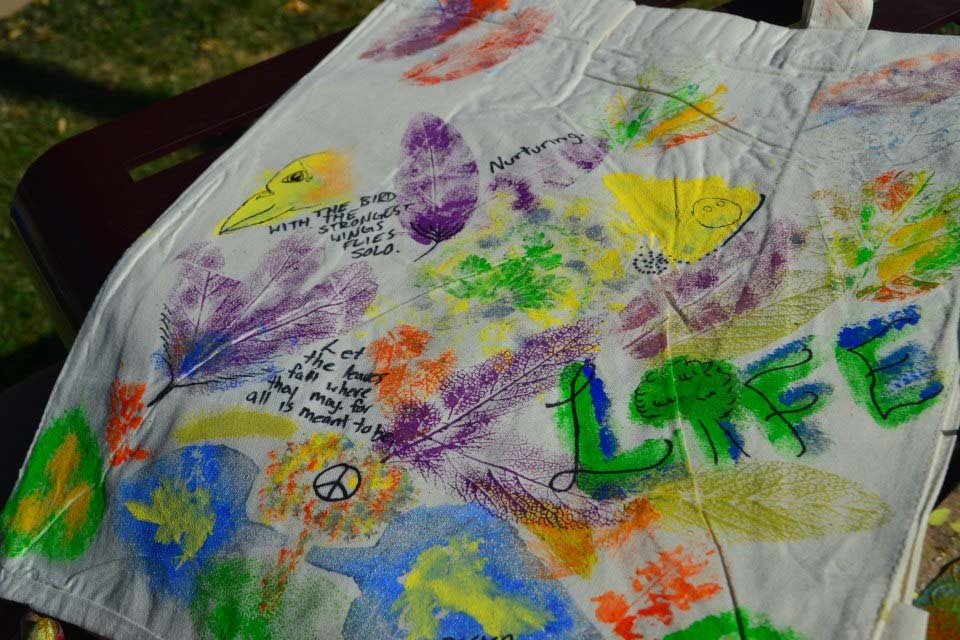
For 27 years, Stardale Women’s Group has empowered the lives of Indigenous girls, strengthened their families, and inspired communities to engage in the core values of reconciliation. We offer programs and services to Indigenous young women and girls in overcoming systemic barriers.
We believe that when we provide positive, supportive environments for Indigenous young women and girls, we build resilience across generations. We want all of the Indigenous young women and girls we serve to live in a strong, supportive and inclusive community where all Indigenous People have assets to thrive and are equal participants in Calgary’s future. Developed by the Stardale Women's Group Inc. Foundation, Stardale Women’s Group opened its doors for service in Melfort, Saskatchewan in 1998, to serve the communities in Northern Saskatchewan. Since that time, it has expanded to provide outreach to Southern Alberta.
We are a non-profit organization and a registered charity.
Our charity number is 894942622RR0001.
Our Mission
Our mission is to help Indigenous young women and girls overcome systemic barriers by providing life skills, foundational learning and literacy, and advocacy for themselves, their families and their communities.
We strive to provide a space where they feel comfortable to express their feelings, past experiences, traumas and hurts. We offer a friendly and caring environment that respects their individuality and freedom of thought. Your support is vital as we continue to educate and empower the girls, their families and their communities.

The Stardale Model
The four components of the holistic Stardale Model encompass the physical, emotional, mental and spiritual aspects of life. As building blocks to a journey of awakening, healing, self-respect and empowerment, the Stardale Model encourages development of skills and enlightenment by healing with compassion.
We Believe
Each woman heals in her own time and place
One should say what they mean, mean what they say and do it
No one person is better than the next
Tears are healing
Laughter is enriching
Wisdom is shared through storytelling
In being respectful of the experience of each woman
In experiential learning and healing
In releasing the victim's conscience
In embracing ourselves and embracing each other
In the self-discovery process of a woman creating art
In support and unconditional love
In the warrior woman who battles her own destructive patterns and tendencies
Our Services
The diverse services Stardale Women’s Group provides are for the empowerment of Indigenous girls and young women in the form of:
Educational programs and public awareness
Advocacy, networking, and community mobilization
Capacity building, mentoring, and training
Community action research
Municipal gender-based polices in literacy, crime prevention, community safety, education, health, and social justice
Our History
In January of 1997, a group of low-income women under the leadership of Helen McPhaden were meeting regularly as a support group in Star City, Saskatchewan. It rapidly became apparent that there were many gaps in services unable to meet the needs of Indigenous girls and women of poverty in the region. Thus, a strategic plan was developed.
A collaborative project emerged with several partners in the community wishing to make a change, and to respond to the challenges facing employment and education within the northeast region of Saskatchewan. Over a period of one year, the partners developed a format that would address many of the needs of the women. In October 1997, Helen McPhaden was contracted to undertake a needs assessment entitled, "Aboriginal Women and Women of Poverty."
The process of the needs assessment and the research plan included distinct areas of social, cultural, and economic spheres of activity in order to be able to understand the totality of the gaps in the current system. The research results revealed the lack of literacy and employment opportunities accompanied by social disparities, which cumulatively created a sense of uneasiness in the region.
This was the initial model concept that this needs assessment recommended for application. In addition, situational barriers, dispositional barriers, and barriers to subgroups were recognized with special supports developed to enhance each project delivery mechanism.







